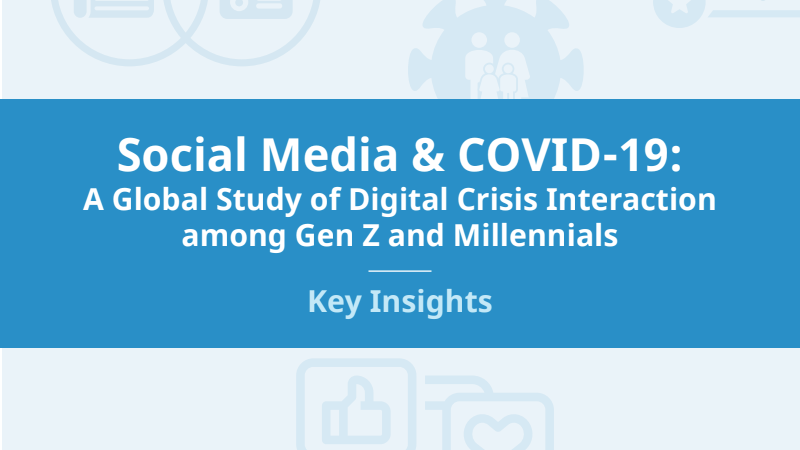Wunderman Thompson launches social media and COVID study
Wunderman Thompson, University of Melbourne and Pollfish, in collaboration with the World Health Organisation are launching a study into social media habits of Gen Z and Millenials during the pandemic.

The announcement:

